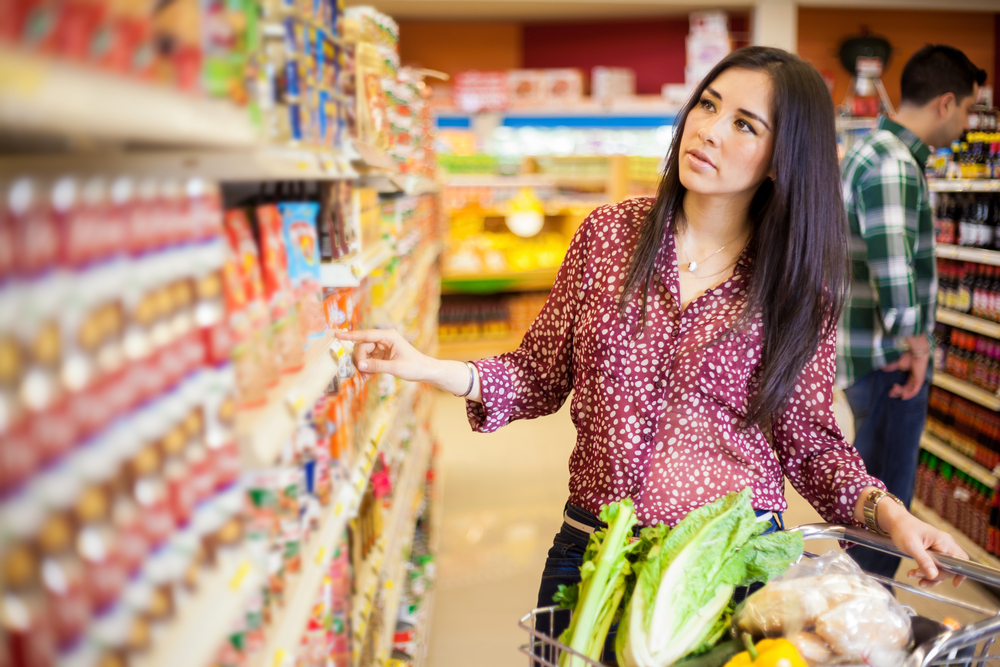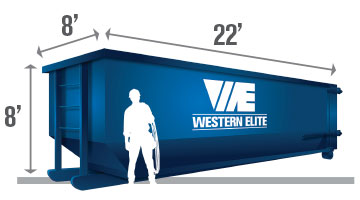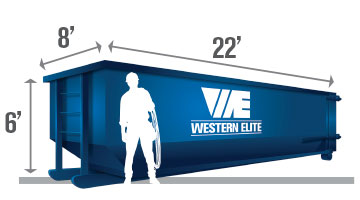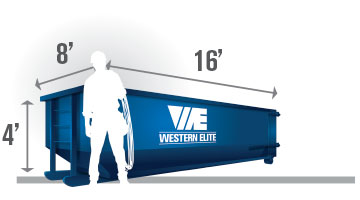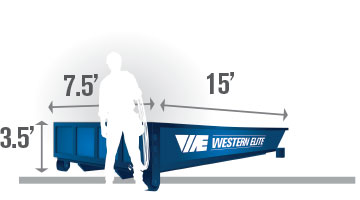If you want to be more eco-conscious, there are lots of things that you can do. In order to have the most impact, though, you might want to start with one of the activities that you do the most often: grocery shopping! Most of us go to the grocery store once or twice a week, and when we do so, the decisions that we make can greatly contribute to the sustainability of our lifestyle. Here are three major things that you can do to make your grocery store trips better for you, and better for the planet:
Bring your own bag
I’m not just talking about bagging at the end of your grocery trip, but also for getting produce – put fruits and veg into reusable bags that you bring yourself. It’s easiest for everyone if you get simple mesh bags that are easy to clean, and easy to see through and scan. If you don’t have these, it’s okay! You can just reuse old bags from your last grocery shopping trip.
Buying organic
What does this do for the environment? Well, it supports businesses that are doing the harder, but more responsible thing by using natural pest control methods instead of threatening public resources, waterways, aThree Steps for Sustainable Grocery Shoppingnd wildlife with dangerous pesticides. But there’s more to it than that. For example, opting for organic milk and dairy products will protect you from growth hormones that are used to increase milk production in dairy cows. These hormones can impact your own hormone balance, leading to mood fluctuations, health problems, bad skin, and even issues with your reproductive cycle. Going organic will protect you and your family from toxins that are are a result of pesticides in your food.
However, it can be an expensive bother to go organic entirely. So, if you want to make the biggest impact with the littlest effort, look into the yearly dirty dozen, a report that lets you know which foods are the most important to buy organic. Sometimes, certain foods are “dirty” because of current reports of agricultural techniques for a certain crop. Other times, it’s because of research that shows how some plants (like berries, for instance) are more likely to absorb pesticide toxins, because of how they grow.
Choosing eco-friendly packaging
Have you ever noticed how much wasteful plastic packaging you gather up when you go grocery shopping? There are many things that can just as easily be packaged in waxed cardboard or glass bottles, which are easier to responsibly dispose of. Of course, not all plastic has to be such a problem. Check the symbol on the bottom to see how easy it is to recycle the plastic. Here are some items that are easy to opt for eco-friendly packaging on:
- Laundry soap. Although not long ago, laundry soap was found in cardboard boxes, we usually find it in un-recyclable plastic bottles nowadays.
- Yogurt. Look for easily-disposable cups, or go for one large contained instead of a bunch of small ones
- Milk. Whatever happened to the good old days of the carton, rather than the plastic bottle?
- Eggs. Similarly, many egg packaging now consists of layers of plastic. Check to make sure the plastic is recyclable, or opt for the old-fashioned cartons.
- Juice, soda. Plastic bottles are very harmful. Even when recycled, the caps are unable to be reused and just go into the waterways and ocean.
- Soap, shampoo. Often, these plastic containers are also hard–or impossible–to recycle. Instead, there are lots of bar soap and even shampoo options available.
- Buy in bulk. A great way to cut down on waste is to shop at stores that offer a bulk sales section. Bring your own container (just get it weighed first) and then you don’t have to worry about extra waste at all!

